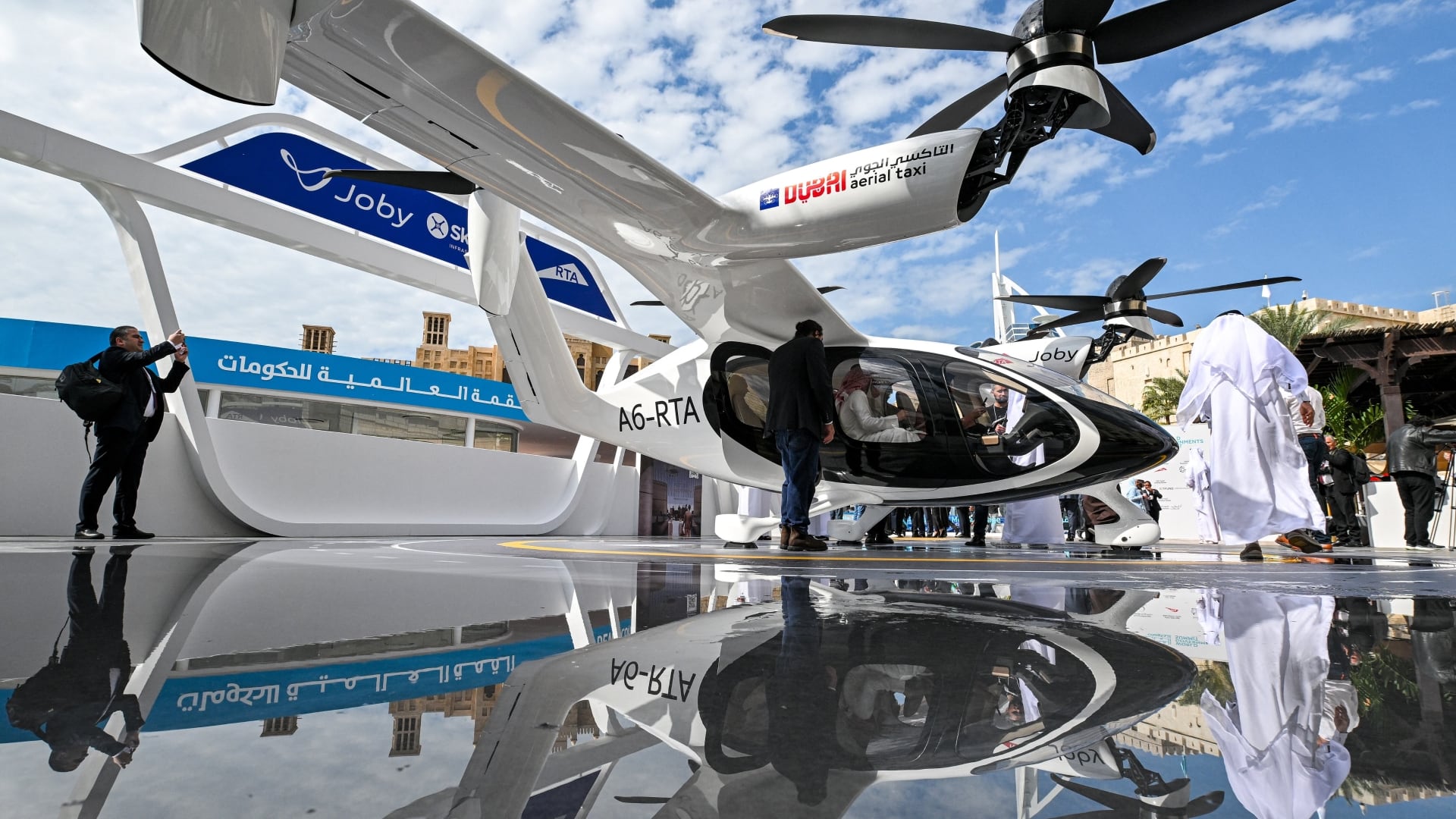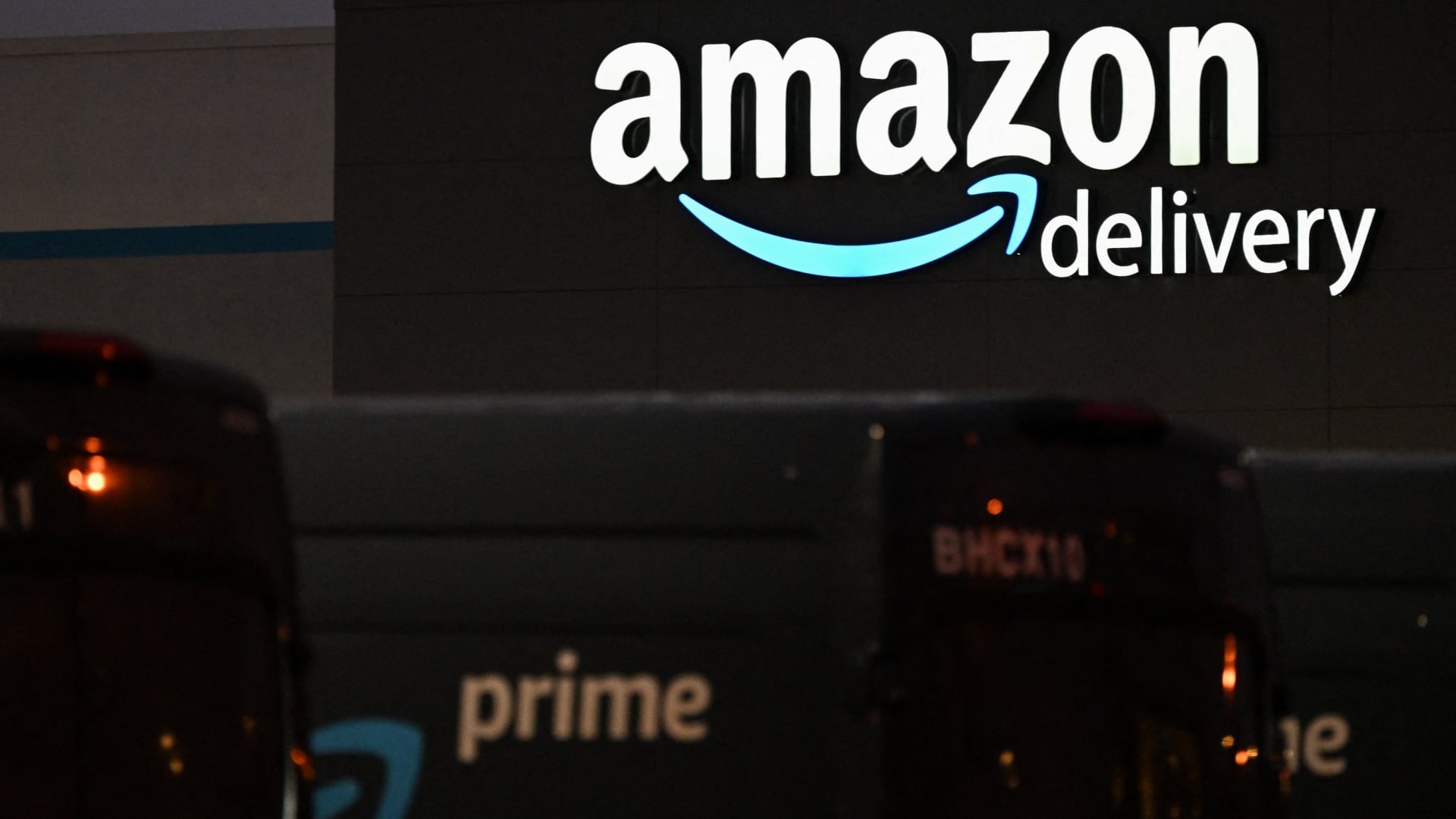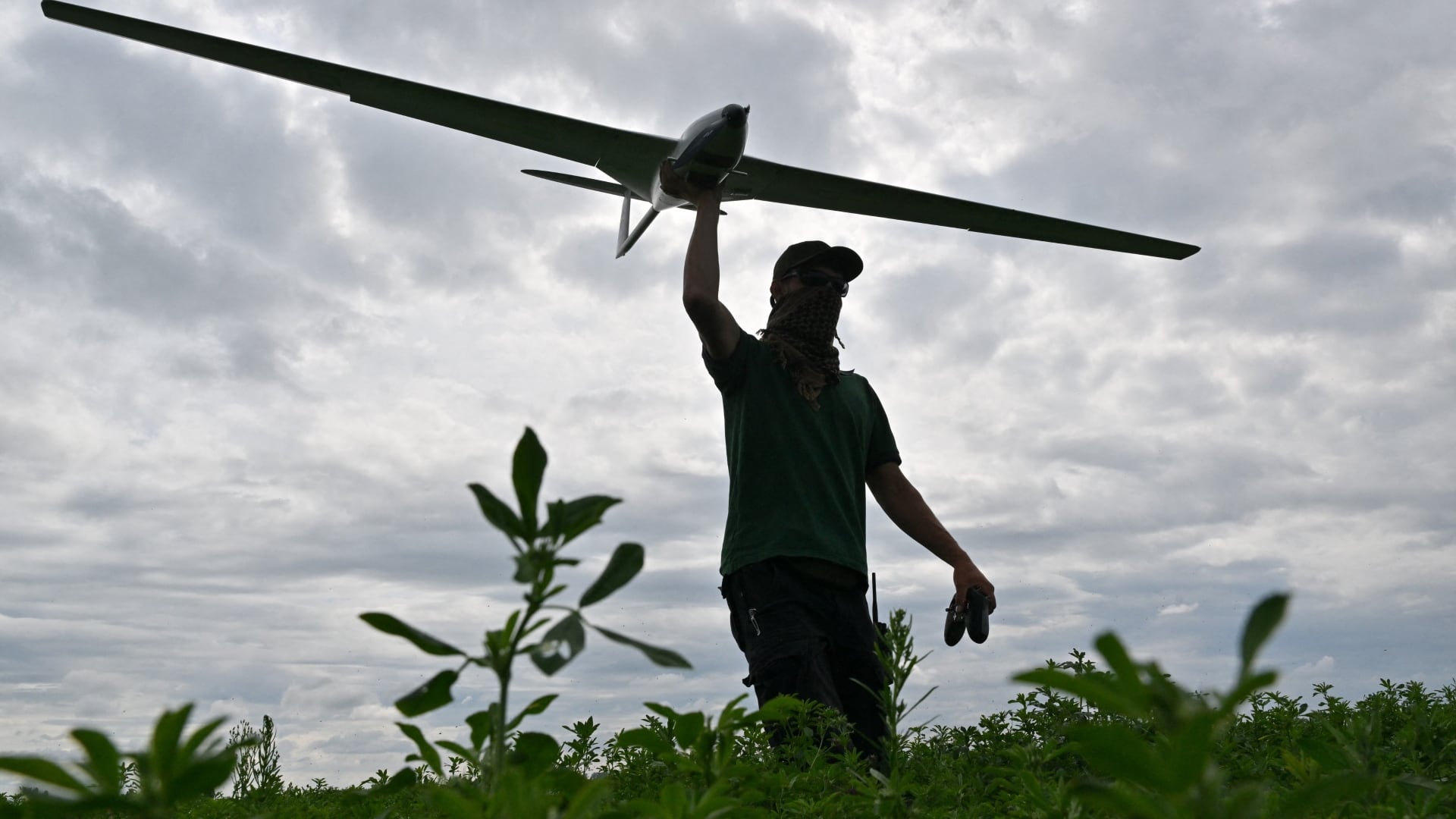The electric vehicle space is booming with more industries and businesses looking to reduce their carbon footprints in an effort to help the environment. Chevrolet has been making plays in the EV market since the introduction of the Chevy Bolt EV in 2017 and seeks to expand its offerings to 30 models by 2025.
"We have a very methodical plan to launch these and the Bolt EV mid-cycle enhancement that we're doing, the upgrade of that, and the new Bolt EUV are the first next steps toward that," Jesse Ortega, executive chief engineer, told Cheddar.
The Bolt EUV touts the original hatchback design with an SUV flare and according to Ortega, it incorporates many new upgrades that customers felt would enhance the vehicle. Unlike previous models, potential Bolt EUV owners have the option to include a sunroof and upgraded adaptive cruise control.
While competition in the EV space expands, Ortega said Chevy looks to separate itself by being the affordable everyday option for the average American.
"There's a lot of people that are coming in and they're coming in at different segments but for us, we've got over 2 billion miles of EV use from our customers. We've got 100,000 customers that have purchased our vehicle," he noted.
While businesses have felt pressure from governing bodies globally to take steps toward reducing pollution, Chevy, in particular, has also felt pressure from its customer base. Customers, according to Ortega, are prioritizing the environment when making purchases but without sacrificing certain qualities.
"They are looking for vehicles that allow them to not have to compromise their lifestyle, not compromise how they live, provide them desirable, provide them affordable, and provide them a driving experience that they value," Ortega said.












